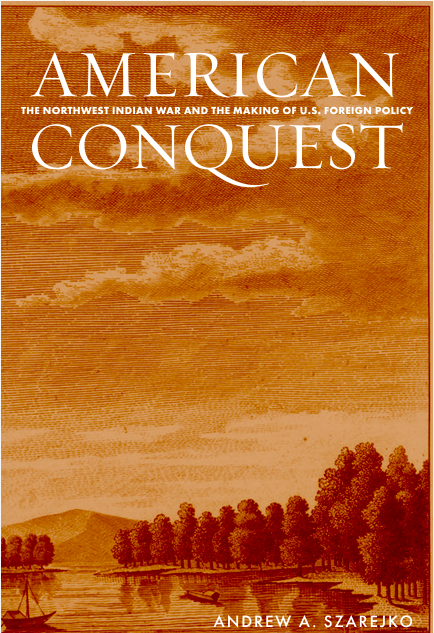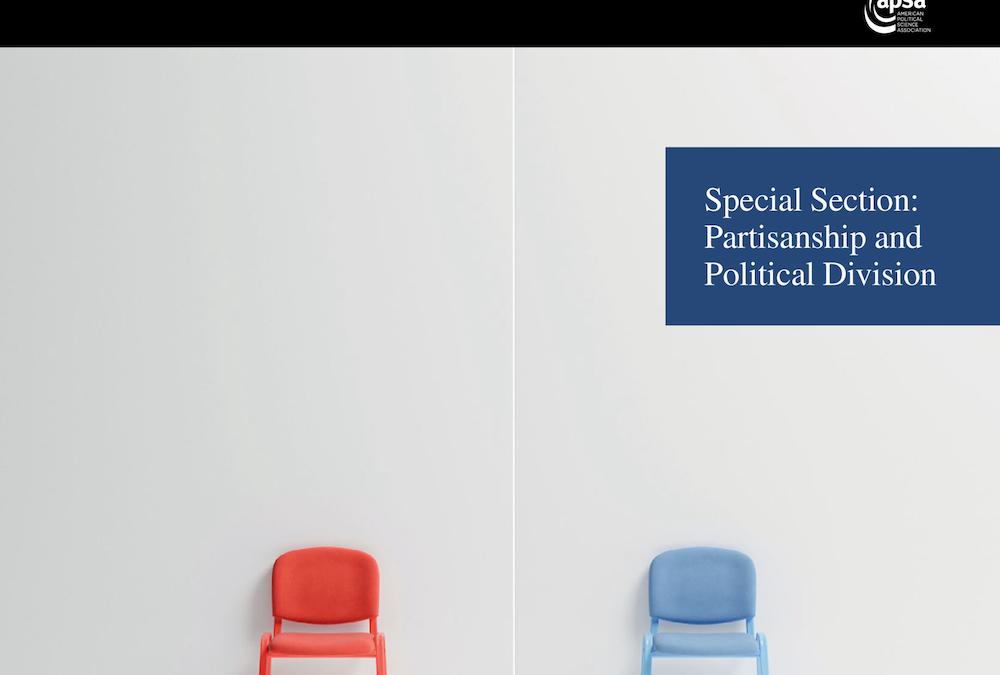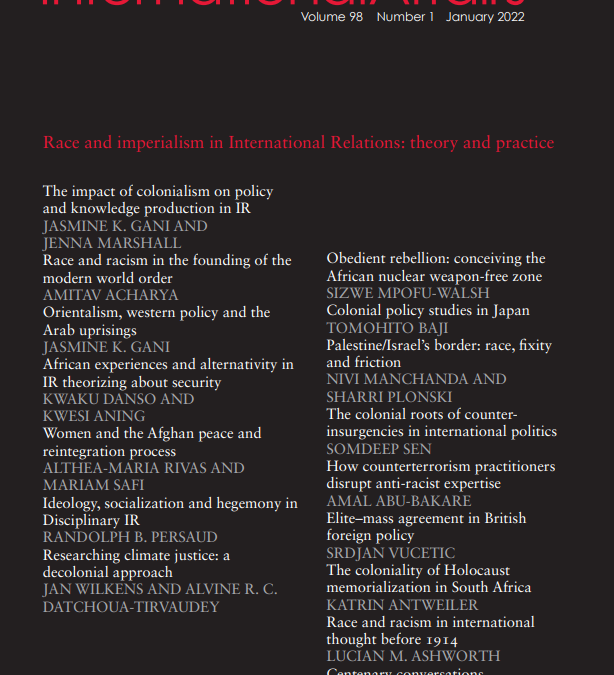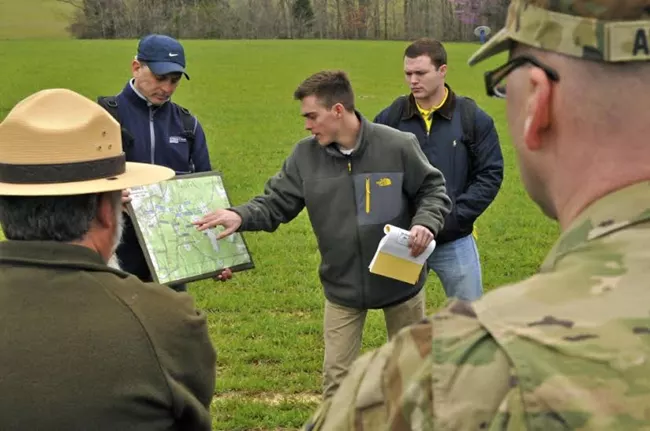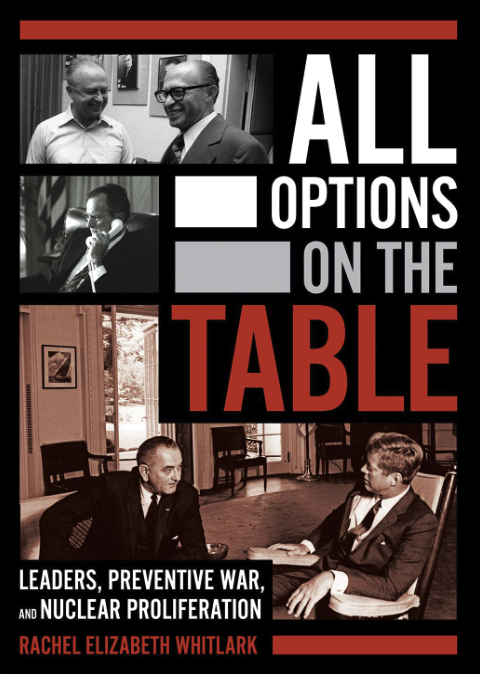What’s the name of the book, and where can we find it? American Conquest: The Northwest Indian War and the Making of US Foreign Policy (Stanford University Press, 2025). What’s the argument? Relations with Native American groups were constitutive of early U.S. foreign...
